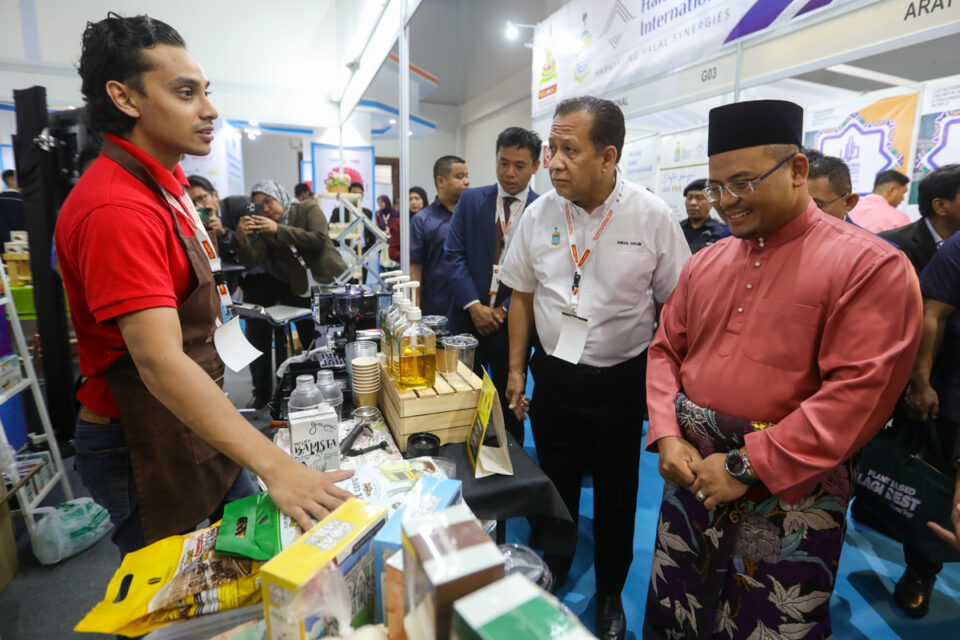By Danial Dzulkifly
KUALA LUMPUR, Oct 16 — Selangor is positioning itself as the international halal gateway as the state ramps up efforts to expand its reach across Asean and beyond, said Menteri Besar Dato’ Seri Amirudin Shari.
He said the state aims to play a critical role in elevating Malaysia’s status as a leader in the global halal industry, especially with the country assuming the Asean chairmanship next year.
“Selangor can be the global international halal gateway, and we can start with Asean and build up to next year,” he said during the launch of the Selangor International Halal Convention (Selhac) at the Kuala Lumpur Convention Centre here today.
Among the major initiatives the state wishes to improve is its services in helping businesses attain the much sought after halal certification.
Amirudin also expressed the state’s commitment to empowering the halal certification to a higher standard and making it a globally recognised certification.
“In Selangor, we envision halal certification evolving into a prominent guarantee of high quality with global recognition.
“As a result, businesses with the Malaysian halal logo stamped in Selangor can leverage and elevate their position into a competitive advantage in both local and international markets, while their products are well accepted by consumers, having greater confidence that they are purchasing products that meet the highest standards,’’ he said.
Currently, Selangor makes up a significant portion of the halal industry in Malaysia. Of the 9,436 active halal certificate holders nationwide, 33 per cent, or 3,104, are based in Selangor.
However, Amirudin emphasised the need to boost these numbers to maintain competitiveness.
“With the increasing demand for halal products and services, we must accelerate our efforts to bring even more businesses into the fold.
“Increasing the number of halal-certified businesses will ensure we remain competitive globally while creating jobs and driving economic growth.”
He pointed out that Malaysia’s halal sector is aiming to generate RM75.2 billion in export value by 2030, with the halal industry expected to contribute 10.8 per cent to the nation’s GDP by that time.
Amirudin also touched on the role of Selangor’s robust infrastructure in supporting the growth of the halal sector. He noted that the state boasts two Halmas-certified industrial parks — Selangor Halal Hub in Pulau Indah and the PKFZ National Halal Park in Port Klang, which are key to promoting the sector’s development.
Apart from the food and beverages sector, he said there are vast opportunities in other halal sectors, including pharmaceuticals, cosmetics, and organic products.
“We must build on Selangor’s comparative advantage, which includes research organisations and universities that can provide strategic input and discussions,” he said, adding that niche areas like halal ingredients and halal cosmetics offer promising growth potential.
Amirudin also said Selhac must play a key role in shaping Malaysia’s leadership potential within the region.
“Selhac is a platform that fosters collaboration, attracts investment, and opens up business opportunities in the halal sector.
“By bringing together industry players, investors, and policymakers, Selhac amplifies Selangor’s influence within the international halal ecosystem,” he said.





